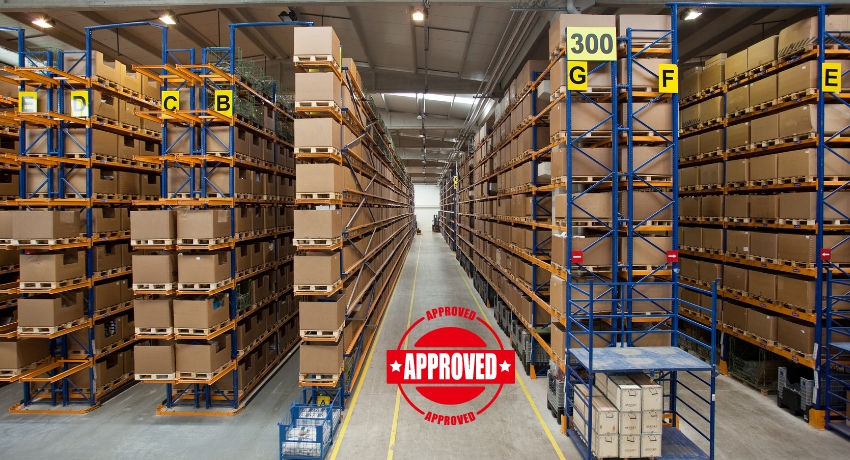J3/177,1st floor Kalkaji - New Delhi -110019 info@qualitycompliance.in
Call Us : +91 9315575151

The Bureau of Indian Standards (BIS) operates the Foreign Manufacturers Certification Scheme (FMCS) to grant certification to foreign manufacturers whose products conform to Indian standards. Launched in 2000, FMCS enables foreign manufacturers to use the BIS Standard Mark on products that meet specific quality and safety requirements. This scheme aligns with the BIS Act of 2016 and the Bureau of Indian Standards (Conformity Assessment) Regulations of 2018.
Under FMCS, a foreign manufacturer can obtain a BIS licence to apply the Standard Mark on products that meet the relevant Indian standards. This licence is granted by the Foreign Manufacturers Certification Department (FMCD), headquartered in New Delhi. The certification process involves rigorous assessment to ensure that products adhere to Indian standards, which can be either mandatory or voluntary.
FMCS certification is applicable to a wide range of product categories, except for electronics and IT goods, which are regulated by the Ministry of Electronics and Information Technology (MeitY). The licence allows foreign manufacturers to sell their certified products in the Indian market legally. The following are key aspects of FMCS certification:
Quality Compliance: Your FMCS Certification Partner
At Quality Compliance, we specialize in guiding foreign manufacturers through the FMCS certification process. Our experts understand the intricacies of BIS regulations and can help you navigate the certification requirements with ease. We work closely with you to ensure your products meet the necessary standards and obtain the BIS licence, allowing you to access the Indian market with confidence.
BIS operates the Compulsory Registration Scheme for electronics and IT products. The grant of license and its operation are carried out in accordance with the conformity assessment scheme outlined in Scheme II of Schedule II of the BIS (Conformity Assessment) Regulations, 2018.
There are currently 76 product categories recognised under CRS, with MEITY adding 63 products, MNRE adding five, and MHIPE adding eight. Smartwatches, laptops, digital cameras, wireless microphones, printers, set top boxes, wireless keyboards, power banks, and other products are among those that require mandatory BIS registration. Check out the full list of electronics and IT products that require BIS registration.
According to CRS Orders, no one shall manufacture or store for sale, sell, import, or distribute goods that do not comply with the Indian standard specified in the order and do not bear the Standard Mark with a unique registration number obtained from BIS. BIS grants a license to the manufacturers to use or apply Standard Mark with unique R-number on electronics and IT products.
BIS notifies that this responsibility is of the foreign manufacturer to get the product tested by any BIS recognized laboratory. The registered imported products will be picked up from the market or from the local representative of the foreign manufacturer during surveillance.